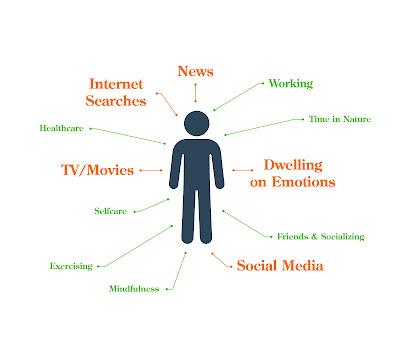By Dr. Iva Lloyd, ND
Every year the Canadian Health Food Association (CHFA) holds a large conference and tradeshow providing manufacturers and distributors the opportunity to highlight their products. It is one of the main venues for health care practitioners and owners of grocery stores and health food stores to stay up-to-date on new product offerings and changes in the industry.
Decrease in Packaging of Personal Care Products and Cleaning Products
Over the next little while you will find more personal care products with a focus on decreasing the amount the packaging that is used and a move to recyclable packaging. With this in mind, many manufacturers are finding new and improved ways to offer their products. For example, I encourage you to try:
- shampoo that comes a bar (similar to a bar of soap)
- laundry sheets versus laundry soap
- paper towels that are machine washable
- makeup pads that are machine washable
- beeswax sheets for wrapping up food versus plastic-based wraps
New Milk Offerings
- It is important to have at least three milks that you alternate. Food intolerances are influenced by genetics and how often you consume a product. Many people are becoming intolerance to foods such as oats and almonds as they are consuming them too often.
- When choosing non-dairy milks, choose those that have as few ingredients as possible as many people react to the fillers and emulsifiers that are used.
Dairy-free Cheese Offerings
New Wheat/Gluten-Free Offerings
- Choose products with whole grains (millet, buckwheat, quinoa, rice, teff, etc) and avoid a lot of starches (corn-starch, potato-starch, etc.)
- There are a lot of non-wheat/grain wraps made from coconut and/or vegetables. Great options for those avoiding wheat/gluten.
- I encourage you to try legume-based pastas, such as green-lentil pasta, as they have a much higher protein level that wheat-based products.
Less Sugar in Processed Foods, especially Protein Bars
- If you want to learn more about sugar: http://www.ndhealthfacts.org/wiki/Sugar
- The aim is to decrease sugar in the diet as much as possible. Some sugars, such as fruit-based sugars and honey, do have health benefits, but it is still important to limit the amount that you consume. A general rule of thumb is to have one serving of fruit for every four servings of vegetables.
- When choosing protein bars remember that the grams of protein and the fat should be higher than the amount of sugar and the amount of sugar is best to be less than 10 grams.
- Expect to see more protein or health-based bars for kids, especially for breakfast. This can be beneficial as long as the focus is whole foods and the protein and fat is adequate.
Plant-based Meats
"Health Shots"
- They are often marketed as a food, yet it is best to consider them as a supplement and as such to recognize that they may contain ingredients that may not be ideal for your health. For example, it is not always safe for people to detox.
- Health shots generally promise a "quick fix" which is not always the best way to approach your health. The naturopathic approach emphasizes the importance of identifying and treating the root cause of your symptoms or concerns.
- I encourage you to let you naturopathic doctor or health professional know what "health shots" you are consuming to ensure that they are beneficial for you. I am not against "health shots", I am just concerned that they are marketed as foods and hence consumers need to be careful with how they use them.
Carbonated Drinks
The biggest concern that the CHFA this year was the tremendous increase in carbonated drinks. Quite concerning actually. I encourage you to check out my "Notes from the Field - May 2022" for a better understanding as to why this may not be a good thing for health. I personally hope the focus on carbonated drinks is a very short-lived fad. If you choose to enjoy carbonated drinks, I encourage you to do the following:
- Limit them to meal time and only when have a larger meal.
- Don't consumer carbonated drinks in place of water. The body needs still water in order to perform the numerous functions that it needs to do in the body.
- If you have been consuming a high amount (more than twice a day) of carbonated drinks for awhile than I encourage you to have blood work done to see if there are any changes in key metabolic markers.







